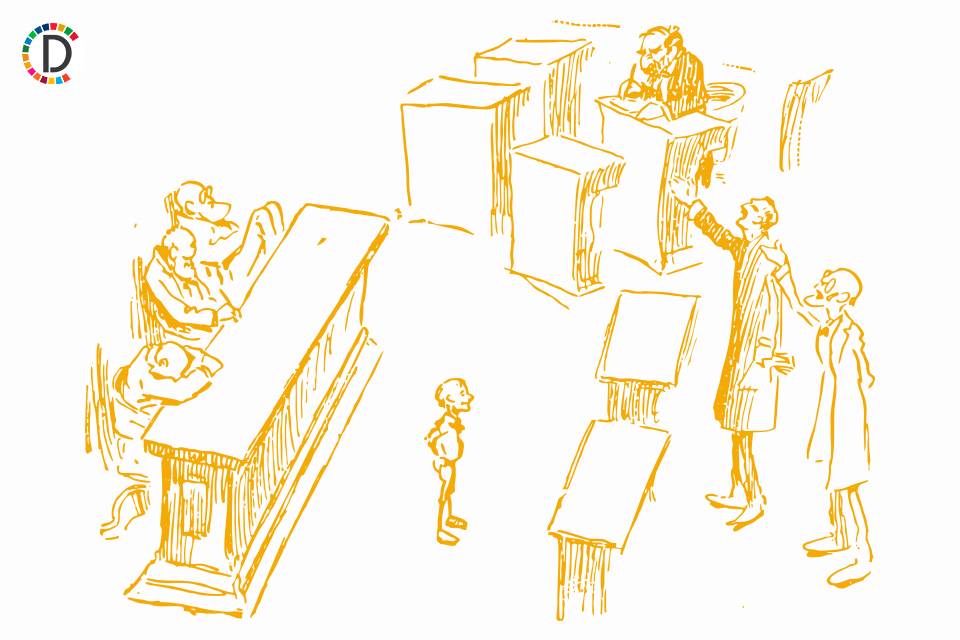Legislative Immunity vs. Legal Accountability: The Case of C T Ravi
Karnataka BJP MLC C T Ravi seeks to quash an FIR filed against him for making an allegedly obscene remark in the Legislative Council. He claims immunity under Article 194(2) of the Constitution. The Karnataka High Court will deliberate on the scope of legislative immunity in criminal allegations.

- Country:
- India
Karnataka BJP MLC C T Ravi has petitioned the Karnataka High Court to dismiss a police FIR lodged against him for reportedly making an obscene comment against Minister Laxmi Hebbalkar in the Legislative Council. He argues his case citing 'blanket immunity' under Article 194(2) of the Constitution.
Senior counsel Prabhuling Navadgi, representing Ravi, insisted before Justice M Nagaprasanna that statements made within the legislature are protected from outside investigation. Navadgi highlighted that the Legislative Council's Chairman has already addressed the matter, reinforcing the stance that Article 194(2) provides complete immunity for legislative statements.
The State government, however, countered this assertion, stating that legislative immunity is not absolute. Citing Supreme Court rulings, they argued that such protections may not apply in criminal allegations. The Court will further examine the nuances of this legislative immunity on February 20 after notifying Hebbalkar.
(With inputs from agencies.)










